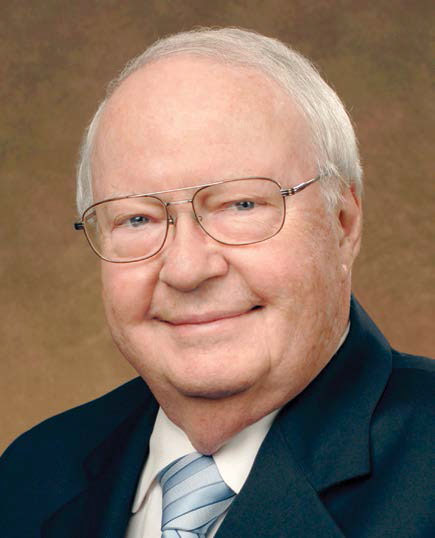The professional video industry's #1 source for news, trends and product and tech information. Sign up below.
You are now subscribed
Your newsletter sign-up was successful
With the passing of Joseph Flaherty, former senior vice president of Technology at CBS last month, I had the opportunity to discuss Flaherty’s life and professional contributions with a few industry leaders. One thing I learned seems particularly apropos to where the TV industry stands today.

While Flaherty is credited as perhaps the No. 1 broadcaster advocating for development and adoption of a digital high-definition television standard and a treasured right-hand man to former FCC Chairman Richard Wiley who chaired the FCC Advisory Committee on Advanced Television Service at the time, another theme emerged as I spoke to various associates about Flaherty.
That trend was pegging film for termination in the television industry. As Bob Seidel, CBS vice president of engineering & advanced technology, who was mentored in his early career at the network by Flaherty, wrote in marking his passing:
“His [Flaherty’s] foresight led to the replacement of 16mm film to gather news, supplanting it with Electronic News Gathering (ENG), thereby eliminating the painstaking and time-consuming process of exposing the film negative, transporting the film to the station, developing the film and transferring the film to television.”
Even Flaherty’s advocacy of a new digital HD television standard was motivated in part by the desire to get film out of TV production with the goals of saving time, expense and effort to produce episodic television, I learned in my conversations.
[Read: Remembering Dr. Joe Flaherty]
The lesson for today that the television industry can take from Flaherty is: Don’t fear jettisoning the past and embracing the future—not recklessly, but with forethought, planning and purpose.
The professional video industry's #1 source for news, trends and product and tech information. Sign up below.
Who could imagine NTSC rather than digital HDTV in today’s living rooms across America? What Hollywood TV producer or station news shooter pines for the days of film?
We stand at the threshold of the next generation of television with countless opportunities within grasp and little certainty about which will prove to be winners, and which will end up as mere footnotes in some future Wikipedia citation.
Regardless of the uncertainty, however, now is not the time to cling to the past but to embrace change prudently and begin to carve out another successful generation for television.
Phil Kurz is a contributing editor to TV Tech. He has written about TV and video technology for more than 30 years and served as editor of three leading industry magazines. He earned a Bachelor of Journalism and a Master’s Degree in Journalism from the University of Missouri-Columbia School of Journalism.

